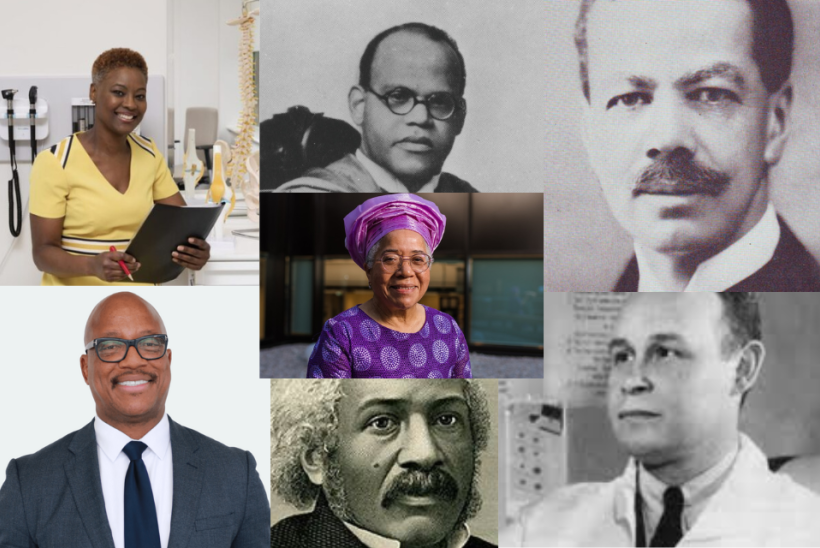Celebrating 7 Black Pioneers Who Have Impacted UK Medicine
As we observe Black History Month, GOSH International acknowledges the remarkable contributions of Black doctors in the UK who have made significant impacts in the field of medicine. This article highlights seven trailblazers, both past and present, whose dedication has transformed healthcare and inspired future generations.
James McCune Smith (1813–1865)
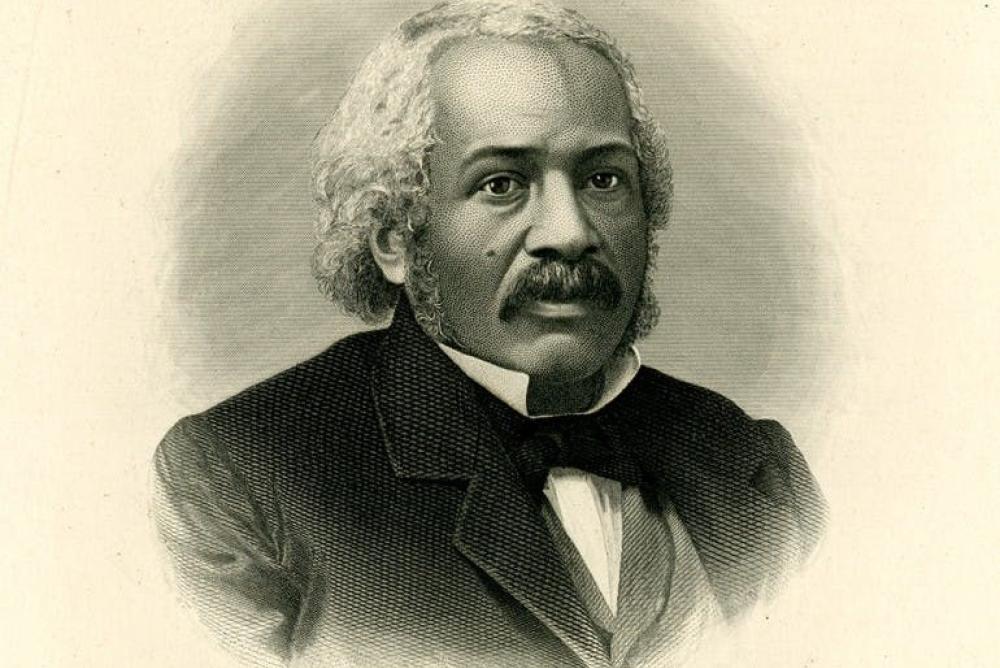
James McCune Smith was the first Black doctor to graduate in the UK, earning his MD from Glasgow University in 1837. An accomplished physician and abolitionist, he briefly practised in Glasgow before returning to Manhattan, where he opened a successful practice. Facing racial barriers that prevented him from joining the American Medical Association, he became a pivotal figure in the Black community, providing quality healthcare and advocating for racial equality in medicine. His work not only contributed to medical practice but also to the broader struggle for civil rights.
Dr. Risien Russell (1920–1993)
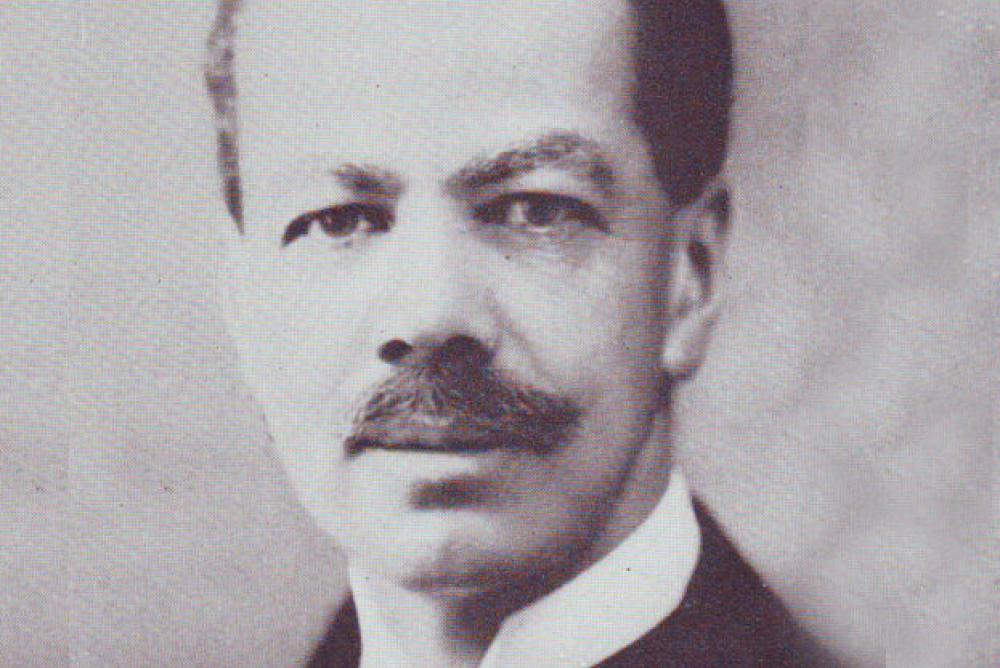
Dr. Risien Russell was a pioneering Black private care consultant, establishing his practice at 44 Wimpole Street in London from 1902 until his death in 1939. Renowned for his work in neurology, Dr. Russell made significant contributions to the understanding and treatment of conditions like subacute combined degeneration of the spinal cord. Despite the racial prejudices of his time, he served on the management board of the National Hospital in London, the world’s first neurological hospital. His pioneering efforts in the face of adversity remain relevant, as his medical contributions continue to influence neurology today.
Dr. Harold Moody (1882–1947)
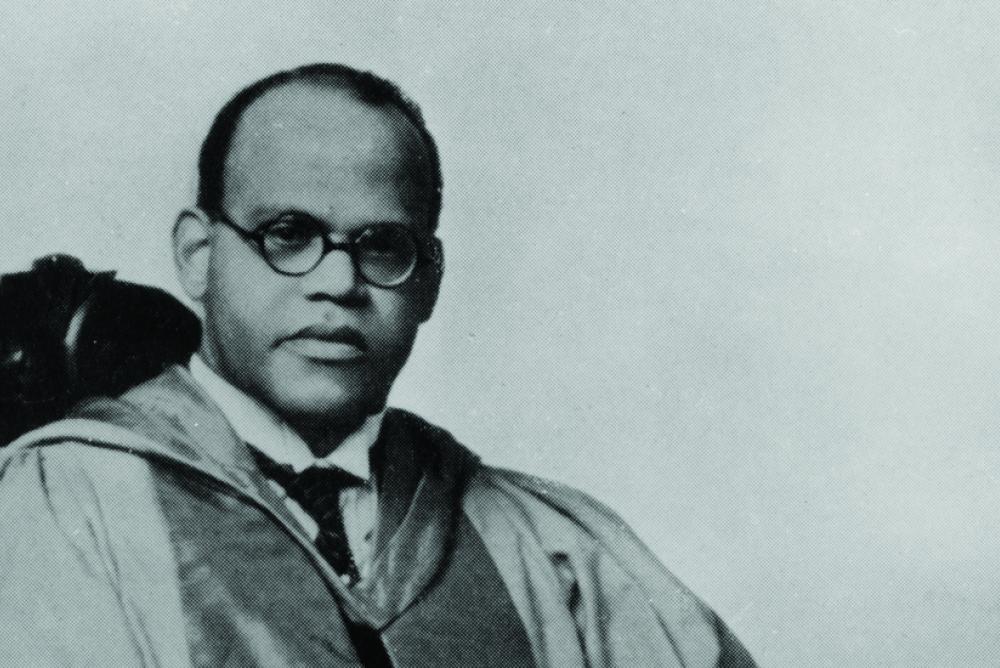
Dr. Harold Moody, a Jamaican-born physician, was a staunch advocate for racial equality in the UK. After graduating from King’s College London in 1910, he faced discrimination that led him to establish his own practice in Peckham. Moody founded the League of Coloured Peoples (LCP) in 1931, which aimed to combat racial prejudice in healthcare and society. He was a prominent civil rights activist, credited with overturning discriminatory policies that restricted employment for Black and Asian individuals. During World War II, he provided vital medical assistance during air raids, further solidifying his legacy as a community leader. In recognition of his contributions, a blue plaque was erected above his home in South London, and he has been named in lists of ‘100 Greatest Black Britons.’
Dr. Charles Drew (1904–1950)
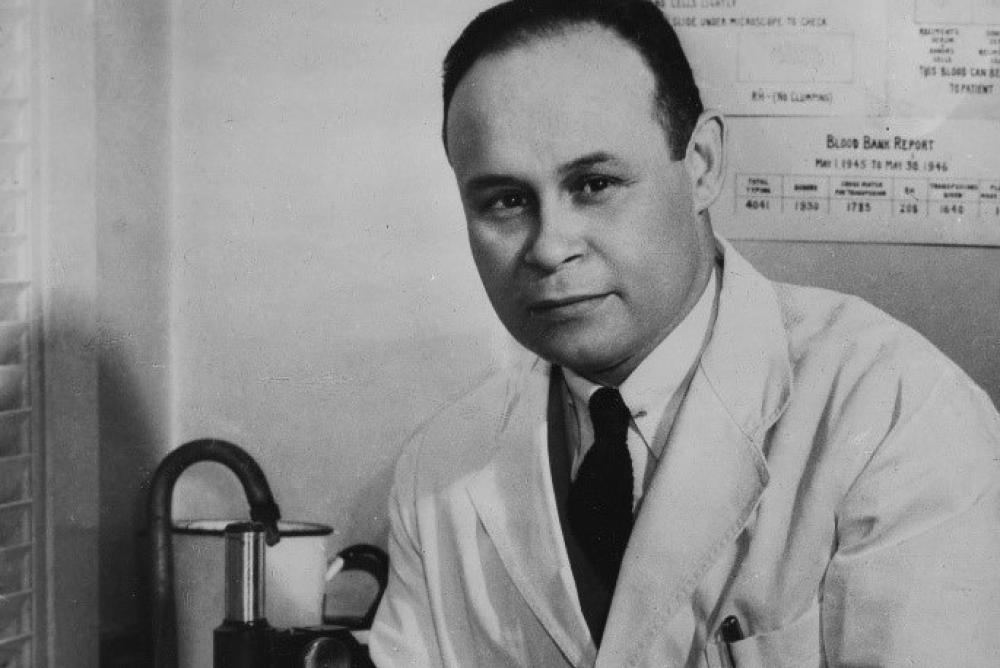
Dr. Charles Drew was a brilliant physician and surgeon known for his groundbreaking work in blood transfusion and storage. His research and techniques garnered international attention, particularly his doctoral research that broke new ground on blood collection and storage. In 1939, at the request of the Blood for Britain programme, Drew came to England to establish blood banks for the war effort. His efforts resulted in the successful collection and shipment of over 5,000 litres of plasma. Drew also pioneered the concept of mobile blood collection sites, known as "bloodmobiles." Despite resigning in protest after the armed forces mandated that the blood of African Americans be stored separately, he continued to champion inclusion in medicine and played a vital role in training the next generation of medical professionals at Freedmen’s Hospital.
Professor Dame Elizabeth Anionwu (b. 1945)
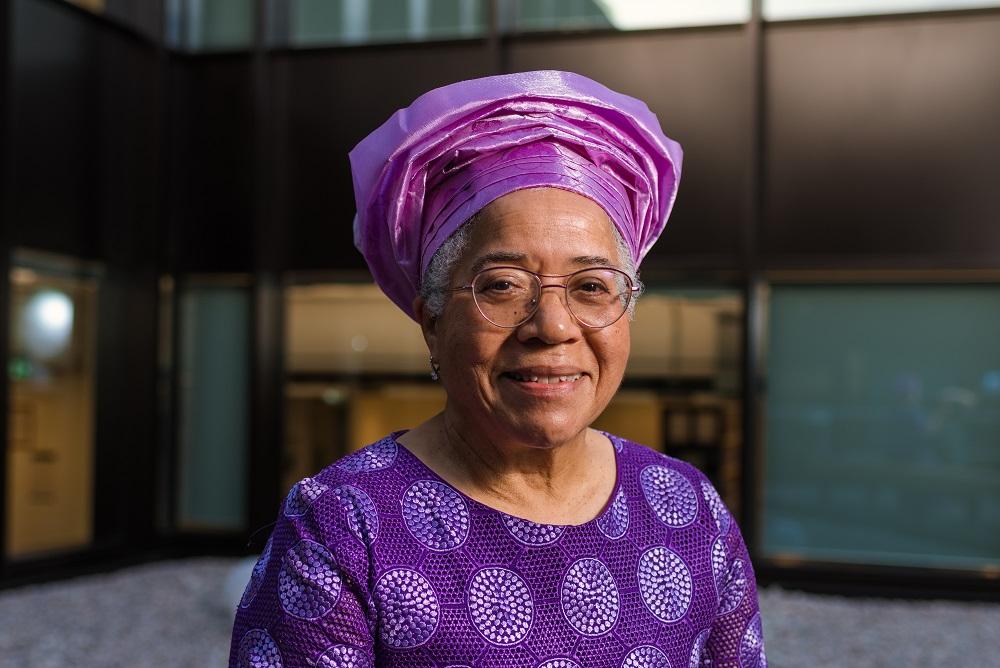
Professor Dame Elizabeth Anionwu is a leading figure in paediatric medicine and a dedicated advocate for sickle cell disease awareness. As one of the UK’s first sickle cell nurse specialists, she established the first comprehensive sickle cell clinic in 1990, improving care and outcomes for affected children. Her advocacy has led to increased awareness, improved educational resources, and policy changes that benefit patients and their families. Professor Anionwu’s ongoing commitment to the cause continues to inspire health professionals and has helped shape the landscape of care for sickle cell patients.
Dr. Samantha Tross (b. 1970)

Dr. Samantha Tross has made significant strides in paediatric orthopaedic surgery as the first female paediatric orthopaedic surgeon in the UK. Her expertise in complex surgical procedures has improved the lives of numerous young patients with musculoskeletal disorders. Beyond her surgical practice, Dr. Tross is a passionate advocate for diversity in medicine, actively mentoring young surgeons and promoting the entry of women and minorities into the field. Her dedication to enhancing surgical techniques and teaching has left a lasting impact on the next generation of medical professionals.
Dr. Kevin Fenton (b. 1965)

Dr. Kevin Fenton has played a crucial role in public health, focusing on health disparities and equity. As the National Director of Health Equity at the UK Health Security Agency, he has been instrumental in addressing social determinants of health for minority populations, especially during the COVID-19 pandemic. His leadership in developing strategies for vulnerable groups highlights the importance of collaboration in tackling systemic health challenges. Dr. Fenton’s work exemplifies the need for continued advocacy for equitable healthcare access.
This Black History Month, we honour the exceptional contributions of these seven Black doctors, whose innovation and advocacy have reshaped the medical field. Their legacies inspire us to uphold the principles of excellence, compassion, and equity in healthcare. At GOSH International, we recognise their profound impact on countless lives and remain committed to fostering diversity within the medical profession.
